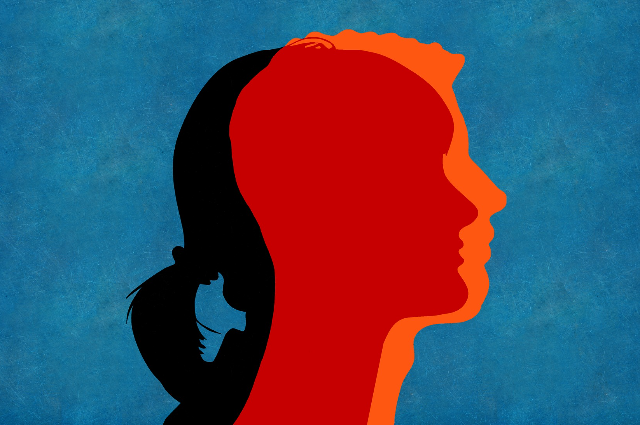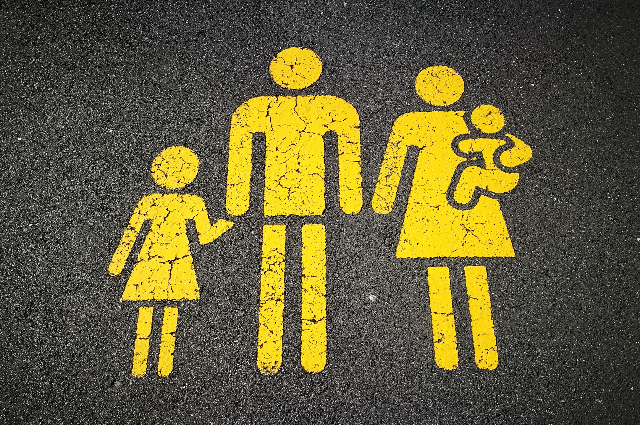
“One is not born a woman, one becomes one, so one is not born a man.”
- Simone De Beauvoir
Gender is just a social role that is ascribed to an individual based on their biological sex. The concept of gender only implies that the relationship between men and women is built only through socialization. In my opinion, gender is just a label without any scientific foundation. But these labels are ingrained in our minds so well that very few question such terminologies and concepts for hundreds of years.
It baffles me how even being in the 21st century, we still have discussions about gender equality!
Universally, there are clear patterns of a woman’s inferior access to opportunities. Additionally, women are systematically under-represented in decision-making processes that shape their workplace, societies, families, and lives. Decisions pertaining to their lives are taken by the male members of their family.
This pattern of inequality is a constraint and a limitation to the progress of society and country. It is because it limits the opportunities of one-half of the world’s population. When women are constrained or held back from reaching their full potential, that potential is lost to society because society can significantly benefit from what women can achieve.
But with the changing mindset of citizens worldwide, many countries are changing for the better. Many countries are moving towards a gender-neutral system, providing the same opportunities to women and men. We see men and women enjoy the same privileges and a stark change in the perception and opinions of people.
However, this changing mindset has not changed in all countries, all women and in all domains of gender equality. Gender equality is a long process. It involves understanding, identifying, and overcoming all its phases.
Gender and Development is based on so many factors and determinants, each contributing significantly. For gender equality to be achieved, all facets of women empowerment and gender development must be achieved. And this is in terms of workplace equality, equal pay, and breaking barriers of traditions and cultures. Child marriage, child labour, and dowry are a few examples of specific traditions, practices and customs still highly prevalent worldwide, especially in Asian countries.
These limit the opportunities for women to study and excel in life; furthermore, they hold them back and push them to become housewives, or doing menial jobs.
The progress towards women's empowerment has been slow and limited, especially for some women in significantly poor and developing countries, for those who are poor and who face various forms of exclusion because of their religion, tradition, caste, disability, location, ethnicity, sexual orientation, etc. This aspect of exclusion due to various reasons dramatically affects the development.
In my opinion, there are numerous differences between the genders, and we cannot nullify them. Women and men have been differences in approach, likes, dislikes, or life aspirations, and those differences will always be prevalent. But while discussing gender equality and development, the social construct, discrimination, and stigmatization of a particular gender concerning a specific activity should be put to an end. The concept of gender equality comes while disregarding the capabilities of a person only because of their gender.
Around the world, there are so many genders specific roles assigned. The age-old social structure dictated that women needed to stay inside their homes and children, whereas men had to go out to earn bread and butter.

I believe that these gender-specific roles must be completed eliminated. The concept that any two genders must act in a certain way is irrelevant; being in the 21st century, we must strive and look forward to a future wherein we see men and women as individuals with capabilities and aspirations, not genders. Because that’s where the change arises, and that’s where the progress lies.
Gender and Development is a concept which recognises the unequal status and situation of men and women in the society and strives to remove all biases against women and provide special attention through affirmative action. Focusing on women’s rights does not mean discriminating against men or putting them at a disadvantage. However, it means holistic empowerment of all citizens, no matter the gender. Rather than focusing solely on women, Gender and Development provide a framework to re-examine all social, political, and economic structures and develop policies.
In my opinion, we should strive for a “World Without a Gender.”
This would be a world without any discrimination based on gender, a world where people come in all colours, shapes, and sizes and where body characteristics are not markers for status identification or predetermined allocation to any activity.
No longer would anyone’s work ethic or success be determined or propelled forward by the factor of gender.
Everyone would be able to express themselves through the kind of clothing they like and makeup they so desire.
Women and men would receive equal pay.
Interviewers would not discriminate women, and question their work-life balance.
Men would be able to cry and express their feelings without any stigma. With equality and equal power, there would be a decreased amount of domestic violence and oppression. Children would not be directed away from particular behaviour simply because of their gender. Girls would be free to play baseball, and boys could play with dolls. ‘Pink’ wouldn’t just be a colour for girls, and ‘blue’ would not be the colour for boys.
A world without gender would be where humans are encouraged to develop their full human potential. A world where the capabilities and potential of a person will be decided by their attributes and skills, and not by their biological features.
It is now time for a world without gender, where we treat people based on who they are rather than their biological features!
And let us be hopeful of a future, where discussions about gender and development would no longer be required, where we judge others based on their capabilities and potential, and NOT on their gender.
